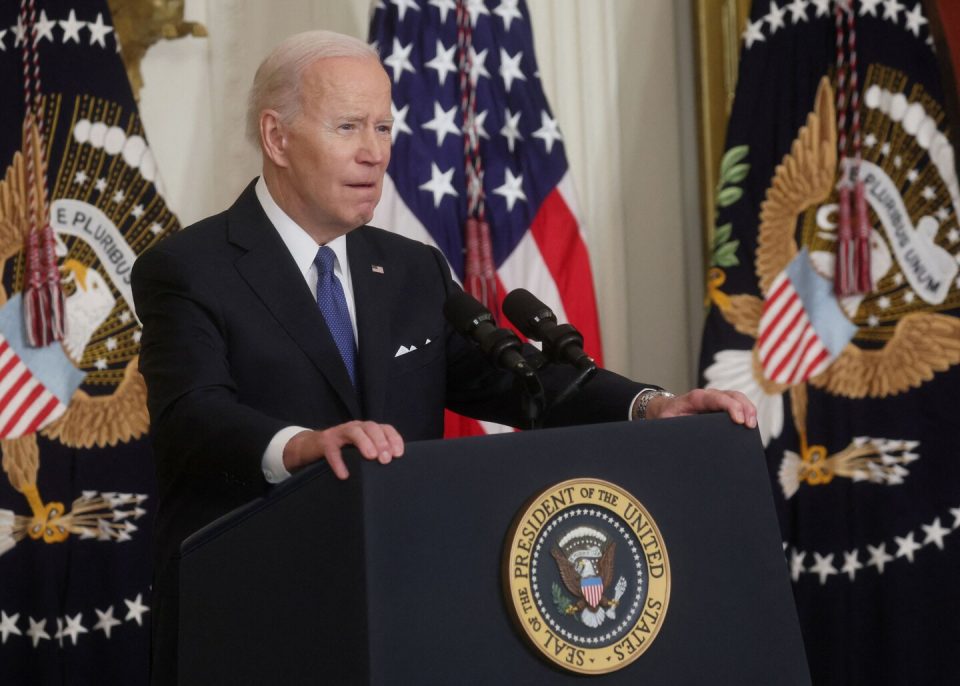The Biden administration is proposing a rule that would fix the so-called family glitch, an obscure issue of wording buried deep in the law’s text that prevents a shockingly large number of people from getting cheaper health premiums. The law provides people government subsidies for health insurance plans, but only if their employers do not offer them affordable health coverage. The law deems an employer-sponsored plan unaffordable if premiums would top about 10 percent of an employee’s household income. So, if workers would have to pay sky-high premiums for their employer-sponsored plan, they could always seek coverage on the Obamacare marketplaces and receive assistance from government subsidies.
The problem comes when workers try to add spouses or children to their employer health plans. Doing so could raise employees’ premiums substantially. But a 2012 Internal Revenue Service interpretation of the law says that does not matter; as long as the cost of covering a worker, and only the worker, on an employer-sponsored plan remains south of 10 percent of that worker’s household income, the employee is ineligible for government help.
This is not the only plausible reading of the law’s words, and it is an absurd one in the context of the law’s broader purposes. Nevertheless, the Kaiser Family Foundation reckons that the family glitch affects some 5 million people. More than 4 million of them have accepted employer-sponsored coverage, meaning they are paying a huge share of their incomes — an average of about 16 percent — on premiums, even though Congress designed Obamacare to help people in their situation. Others simply go without coverage.
The Biden administration is finally proposing to interpret the law more sensibly, providing subsidies to families who would have to pay more than 10 percent of their incomes to cover every member on an employer-sponsored plan. Doing so will cost money — about $45 billion over 10 years. But that is relatively small in the context of national health-care reform, and for the good it will do the families it will help. Moreover, those caught in the family glitch skew younger and healthier than those currently buying plans in the Obamacare marketplaces. If they buy subsidized plans, the stability of the marketplaces’ risk pools will improve, which could lower premiums for all those on Obamacare plans.
But there is only so much Mr. Biden can do on his own. Democrats in Congress are considering long-term Obamacare fixes that would restrain marketplace premium costs and ease the still-high burdens some families face paying for health insurance. This should be a priority between now and the August recess.
Obamacare fulfilled its primary goal, cutting substantially the proportion of Americans lacking health-care coverage. It is now an indispensable part of the health-care system. Congress has a responsibility to ensure it does maximum good.


